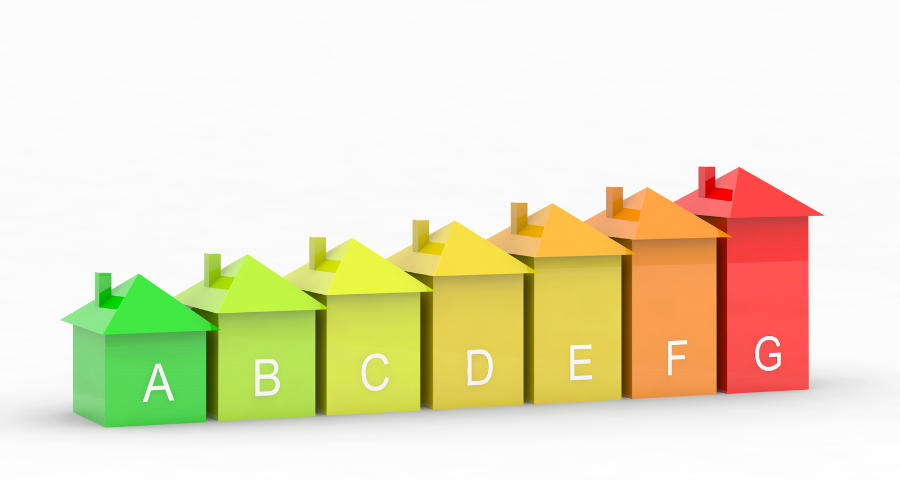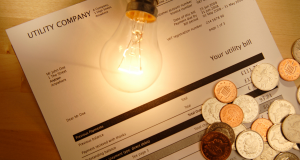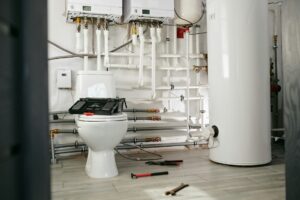Making energy-efficient home improvements is a great undertaking for good reasons. Home updates can lessen utility and other long-term bills. Saving energy at our home also reduces the overall environmental impacts.
You do not need to spend all your money on home upgrades. There are home improvement ideas that can save you money but will boost the appeal and value of your home as you complete every project. For energy efficiency updates, you can consider the following:
Roof Repair or Replacement
Between cold temperatures and hot summer, the roof is one of the major parts that suffer from seasonal changes in the weather. If your roof is already more than 20 years, there are leaks and noticeable missing shingles, curled or cracked ones, it’s time for roof replacement. To give your roofs a whole new look, you might need the aid of Lidoran Roofing or other similar roofing firms. Upon removing old shingles, you can use materials like sheet metal or clay instead of using asphalt. If the roof doesn’t need to be completely replaced, you can consider adding a cool coating to reflect heat.
Add More Layer of Insulation
No changes can improve the energy efficiency of your home unless you’ve got a reliable ventilation system that is of good quality. Ensure that all parts of your house, like the crawlspaces, basements, and attics, are well-insulated. This helps in keeping the warm and cool air inside, minimizing your cooling and heating costs, and improving your home’s overall level of comfort.
Upgrade Appliances
If you want a more energy-efficient home, replacing appliances can be the key. Make sure that you know your current appliances’ life expectancy since these become less efficient when they reach the end of their life span. Dryers, washing machines, and refrigerators are appliances that consume the highest energy. Replace these appliances regularly; however, ensure that you will do your research on the brands. Choose the brand Energy Star seal.
Seal or Replace Doors and Windows
If your existing windows are over 2 decades old, try replacing these with more advanced and efficient models. If you need full window replacement, storm windows are an economical and easy way of improving the efficiency of single-pane and old windows.
Go for Energy-Efficient Power Strips and Lighting
If you are thinking of a worthy project to accomplish, there’s a simple yet effective upgrade you can do to make your home more energy-efficient. This is changing light bulbs to LED models. LED bulbs that are energy-certified use about 90% less energy than standard bulbs. LED bulbs can even last up to about 15 times longer.
Replace Water, Cooling and Heating Systems
Major home upgrades may include installing a new water heater. However, a water heater repair from Sharp Plumbing & Heating or different plumbing service in your local area might suffice instead. The Electric Heat Pump Water heater or HPWHS are available, making it easier to go for electric over fossil fuel choices which are known to be less efficient. If your HVAC is over 10 years old and can no longer serve its intended purpose, try investing in an energy-certified new unit. Better yet, call hvac contractors Colorado Springs (or one local to you) to check your heating and cooling system. Professionals can inspect your existing HVAC and advice whether you’ll need the replacement. They can also help you with the installation works. It can considerably minimize the cost of your yearly energy bill.
Install Quality Ceiling Fans
With ceiling fan and AC operating, lowering the thermostat by around 4 degrees can be your option without actually losing comfort during warm months. You can do this by adding ceiling fans to keep your summer days cooler. When cold weather comes, you can save energy through the reverse setting. This circulated hot air rising from the ceiling then blowing it back to the room. You could seek the expertise of companies like Home Team Electric to ensure that the installation process goes smoothly. One more budget-friendly way of increasing energy efficiency is installing a programmable thermostat that will automatically reduce or turn off heating when you’re not at home or asleep.
There are more other DIY tips to consider to make your home energy efficient aside from the ones mentioned above. These include starting compost piles, installing low-flow showerheads, turning off unnecessary water, limiting the use of space heater, unplugging unused chargers, and more.
Making your home energy-efficient is not just cost-effective but environmentally friendly as well. So, commit to these tips and put these into action, and eventually, you can enjoy an energy-efficient home and experience many other benefits that come with it. You don’t need to spend all your money on this. There are many DIY options you can do.




